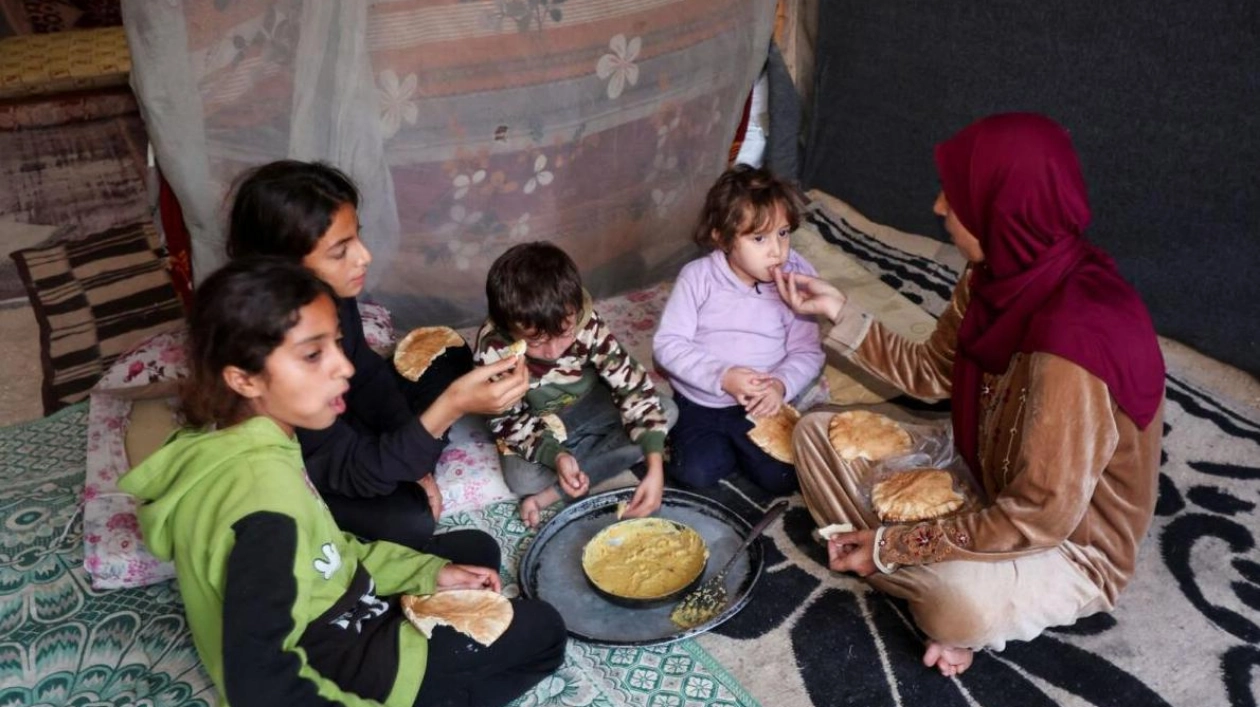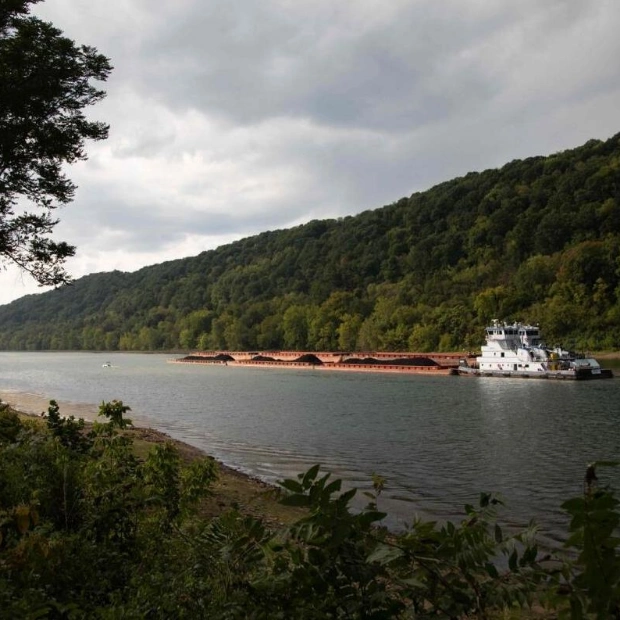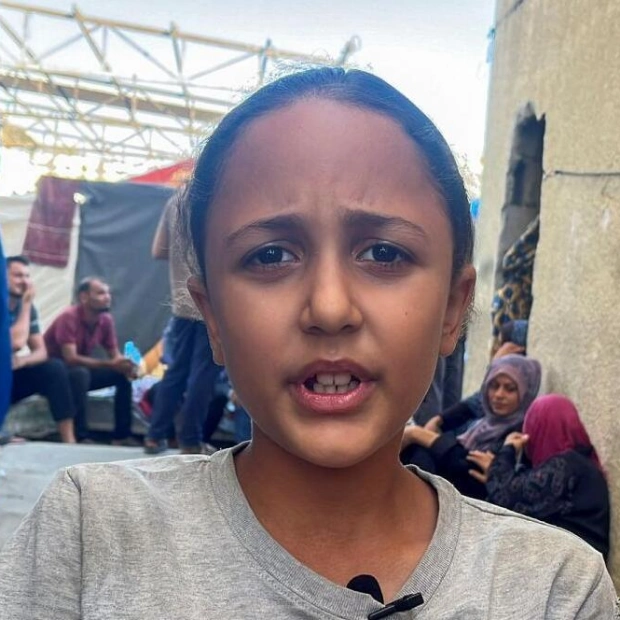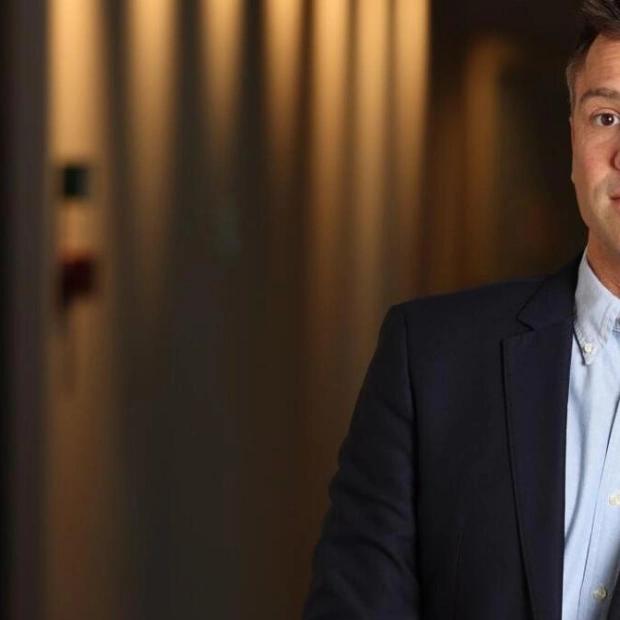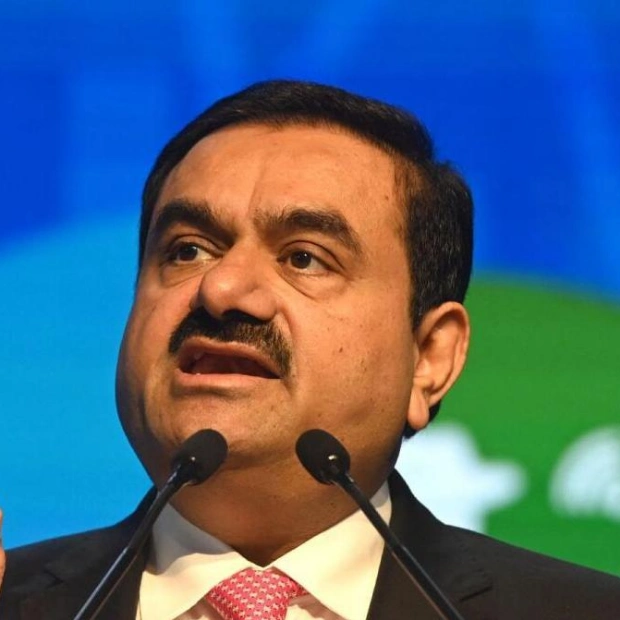Itimad Al Qanou, a displaced Palestinian mother from Jabalia, shares a meal with her children inside a tent in Deir Al Balah, central Gaza Strip, on November 9, 2024. — Reuters
Itimad Al Qanou, a Palestinian mother struggling to provide for her seven children, feels utterly forsaken. She occasionally contemplates that death might be the only escape from the relentless suffering her family endures, as a year of war has reduced Gaza to a desolate, hunger-stricken wasteland. "Let them drop a nuclear bomb and end it all. We don't want to live like this; we are slowly dying. Have mercy on us. Look at these children," said the mother of three boys and four girls, aged between eight and 18. In their town of Deir Al Balah, children gather at a charity site with empty pots, yearning for sustenance. Aid workers distribute lentil soup, but it never suffices to quell hunger or alleviate the pervasive panic.
Qanou laments that her family is caught between Israeli airstrikes that have claimed tens of thousands of lives and obliterated much of Gaza, and the gnawing hunger that plagues them. "No one is looking out for us, no one cares about us. I implore the Arab countries to stand with us, at least to open the borders so food and supplies can reach our children," she said. "They are all deceitful; they lie to the people. The United States stands with Israel against us; they are all united against us." Trucks carrying humanitarian aid were permitted through the Erez crossing into northern Gaza on Monday.
The United States will this week determine whether Israel has made strides in improving the humanitarian situation in Gaza and how Washington will respond. Global food security experts warn of a "strong likelihood" of famine in parts of northern Gaza as Israel continues its military campaign against Hamas militants. In response to the famine warning, the head of the UN Palestinian relief agency UNRWA, Philippe Lazzarini, accused Israel of weaponizing hunger.
COGAT, the Israeli military agency responsible for Palestinian civilian affairs, recently published a list of Israel's humanitarian efforts over the past six months, detailing plans to support Gaza residents as winter approaches. Israel's UN Ambassador Danny Danon last month informed the United Nations Security Council that over one million tonnes of aid had been delivered during the past year, accusing Hamas of hijacking the assistance. Hamas denies these allegations.
Beyond hunger, Gazans say they have no safe haven after repeated evacuations forced them into tent encampments, only to be uprooted again to escape further strikes. Some believe their plight is even more dire than the 1948 "Nakba" or Catastrophe, when hundreds of thousands of Palestinians were dispossessed during the war that birthed the state of Israel. "Conditions were better than what we face now. Now, we have no security, and no place," said displaced Gazan Mohamed Abou Qaraa.
Source link: https://www.khaleejtimes.com
